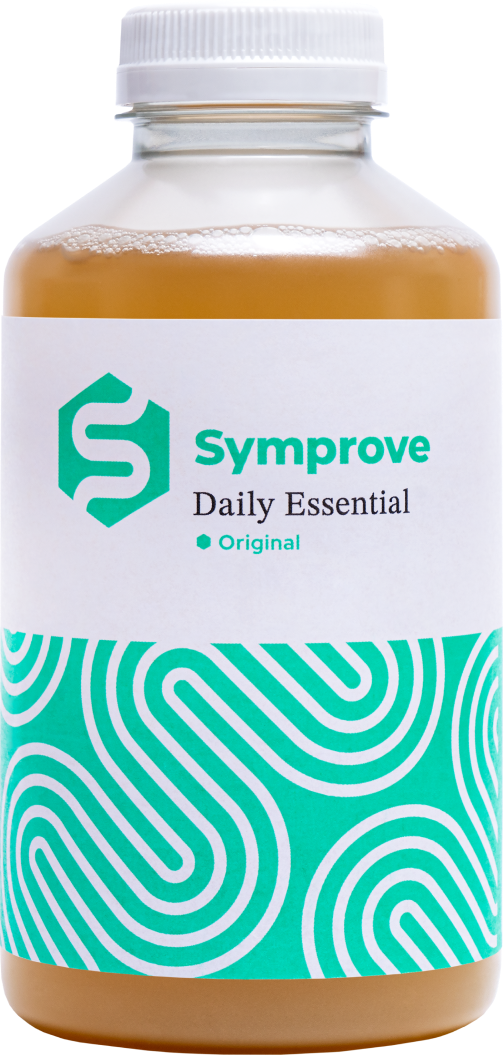Along with the microbiome the term ‘gut health’ (although not codified in terms of a consensus scientific definition) has become a popular phrase with the lay public when discussing nutrition and gastrointestinal disease. (1,2) Patients for coeliac disease will often ask if there’s additional dietary approaches that may be of benefit to their health. Of course, maintenance of the gluten-free approach is the primary medical nutritional therapy, however research indicates the GFD results in lower intakes of dietary fibre and certain key micronutrients. (3,4)
Dietary education with regards to current nutritional guidelines and gut health for patients with coeliac disease require individualisation. General advice on gut health has focused around the evidence on maintaining and/or increasing microbial diversity. The evidence thus far centres around the components highlighted in Figure 2. (2,5–10)
Finally, when discussing lifestyle and dietary strategies beyond the GFD it is key to acknowledge individual contexts. Particularly as the GFD costs significantly more and can in some cases induce hypervigilance of the food environment. It is essential such advice should be delivered through an appropriate cultural lens, with reference to relevant social-economic factors and understanding of patients responses to their overall treatment burden. (11–18)

When discussing the general aspects of 'Gut Health’ in coeliac disease it is important to consider it within the context of treatment burden as well as specific social economic and cultural factors
If you haven't already, make sure you've read the two foundational pieces on coeliac disease covering the role of the gut microbiome and potential of probiotics.
References
1. Marcon AR, et al. BMJ Open 2021;11:e052446.
2. Staudacher HM, et al. Lancet Gastroenterol Hepatol 2021;6:269.
3. Gessaroli M, et al. Eur J Clin Nutr 2023 doi:10.1038/s41430-023-01280-0.
4. Melini V, et al. Nutrients 2019;11. Preprint at https://doi.org/10.3390/nu11010170.
5. Dill-McFarland KA, et al. Scientific Reports 2019;9:1–10.
6. Laursen M, et al. BMC Microbiol 2015;15..
7. Mbchb RT, et al. Curr Treat Options Gastroenterol 2023 doi:10.1007/s11938-023-00433-1.
8. Veronese N, et al. Am J Clin Nutr 2018;107:436–44.
9. Whelan K, et al. Lancet Gastroenterol Hepatol 2022;7:988.
10. Cullen JMA, et al. Front Physiol 2023;14:1292673.
11. Rodriguez JC. J Am Diet Assoc 2010;110:S7.
12. Coeliac UK. The Guten Free Diet How Much Does it cost and Why Does it Matter? (2023).
13. Bauner C, et al. Appl Econ Lett 2022;1–5 doi:10.1080/13504851.2022.2139799.
14. Food Standards Agency. Estimating financial cost to individuals with a food hypersensitivity Executive summary. (2022).
15. Meyer S, et al. Children 2023;10:1300.
16. Addolorato G, et al. Scand J Gastroenterol 2009;43:410–5.
17. Gholmie Y, et al. Dig Dis Sci 2023 doi:10.1007/s10620-023-07912-6.
18. Wolf RL, et al. Dig Dis Sci 2018;63:1438–48.



